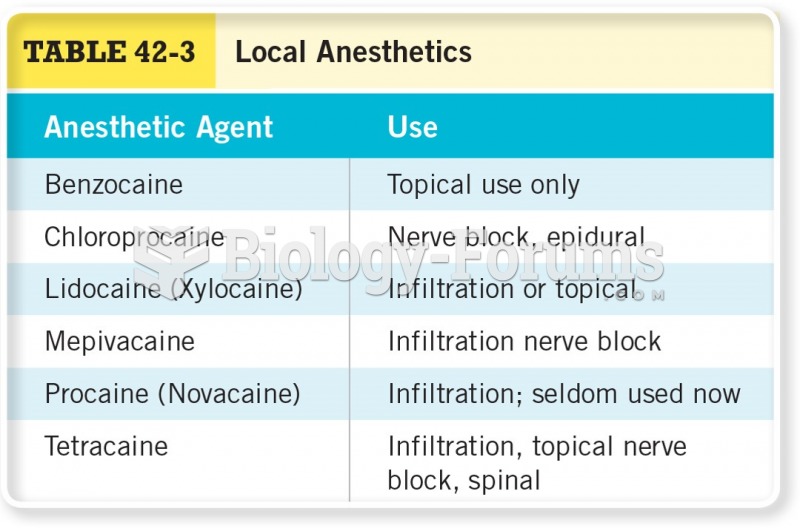Answer to Question 1
Ans: C
Feedback:
In nursing contexts, the terms professional and nonprofessional refer only to a nurse's educational preparation. All nurses should approach their responsibilities with a professional attitude. Any nurse, regardless of educational preparation, should be serious about the occupation, have a high level of integrity, be trustworthy, and maintain high standards. The best argument to support that the LPN is a professional is the high educational standards, a code of ethics, belonging to a professional organization, being licensed to practice, and a lifelong commitment to education. Certifications alone do not make a professional nurse since lay persons and unlicensed personnel can also receive certifications. Nurse practitioners are not the only ones to be assigned professional nurse status. Nor does having a doctorate degree in one's career path be considered a requirement to be a professional.
Answer to Question 2
Ans: C
Feedback:
When working with a nonEnglish-speaking client, it is necessary to use the same- sex interpreter to prevent violating cultural or sexual boundaries with sensitive issues. Pantomiming and pointing to objects and speaking in clear simple English may be helpful, but the client is nonEnglish speaking and can hear, so it is not necessary to speak loudly. Just because the client is from China does not mean she can understand or speak Chinese because there are many different languages, and she specifically speaks Cantonese. The picture board offers a simple way to communicate with anyone who is nonEnglish speaking.







